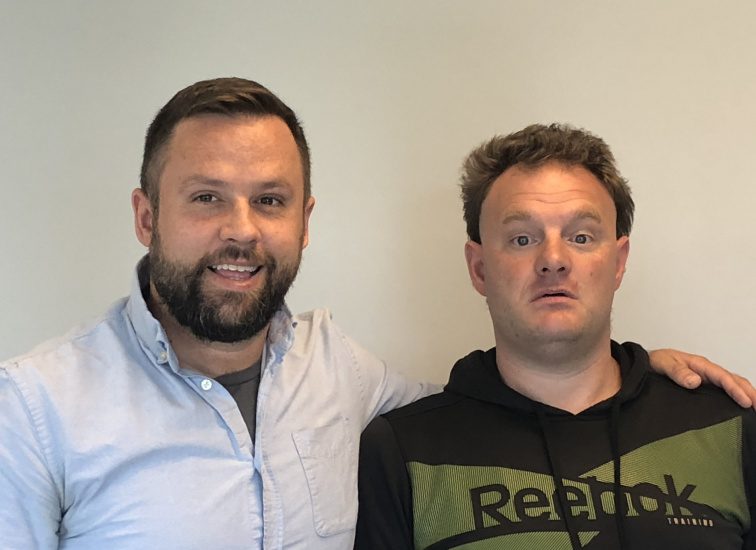
KJIPUKTUK (Halifax) – I recently sat down with Alec Stratford, who is the Executive Director of the Nova Scotia College of Social Workers. We talked about income assistance and the Department of Community Services. Social workers who work in a hospital environment also came up in our conversation.
Alec and I share concerns about the Community Services Employment Support and Income Assistance (ESIA) program. As well, sometimes case workers deal with people on income assistance without really understanding the poverty and oppression recipients face on a daily basis.
Only relatively few case workers however have social work degrees, Alec explains. Only in child protection services is such a degree required.
We can all agree that it is important that case workers understand the complexity of poverty. This would reduce the stigma that Income Assistance people often feel when dealing with Community Services.
However, it’s safe to say that nothing will change for the better unless the policies that case workers must follow change, and nothing will get better until people on income assistance receive enough money to live a life in dignity.
We also talked about stigma and social isolation of people on income assistance.
One of the things I talked about with Alec is that for lots of income assistance recipients the only people they have in this lives who even come close to being friends or social contact are people like social workers who are involved in their case, their family doctors, and other mental health professionals they see.
A while ago a friend told me about a project in Ontario that does something about this that by letting people who live in poverty make new friends: Doctors’s orders: “Social prescriptions” have been shown to increase health.
I wrote about how we could do something like it in Nova Scotia here: Kendall Worth on friendship, poverty, and feeling discouraged.
I asked Alec what he thought of it.
Alec’s answer was that it would not be appropriate for a social worker to volunteer in this type of program. Alec and I both agreed that doctors, social workers and other professionals all have to consider the same professional boundaries when dealing with a client.
However, a social worker could support this type of program by providing training for people who want to volunteer in this program.
As well, we talked about the experience of people with hospitals. Especially when poor people can’t get a ride after day surgery because they don’t have friends with cars, or any friends at all.
See also: Not rich enough to get a ride home after surgery
I know one income assistance recipient who has been holding off on surgeries for a couple of years now due to her not having any friends or social contacts in her life who can drive her home following surgery.
Alec and I talked about this. The policy is understandable and has to do with liability. It is an area where we have to challenge social workers to think more creatively.
Kendall Worth is an award-winning anti-poverty activist who lives with disabilities and tries to make ends meet on income assistance.
With a special thanks to our generous donors who make publication of the Nova Scotia Advocate possible.
Subscribe to the Nova Scotia Advocate weekly digest and never miss an article again. It’s free!



